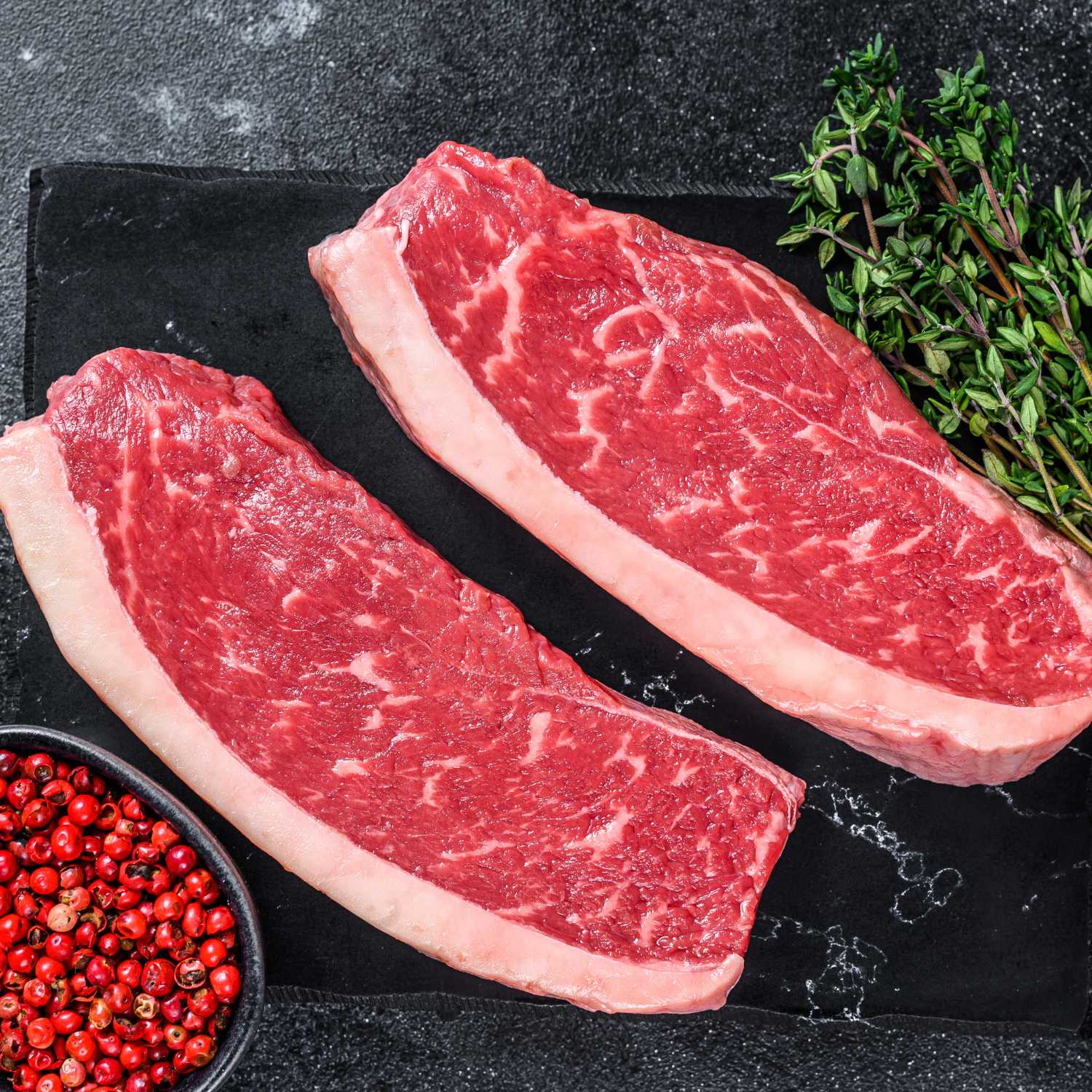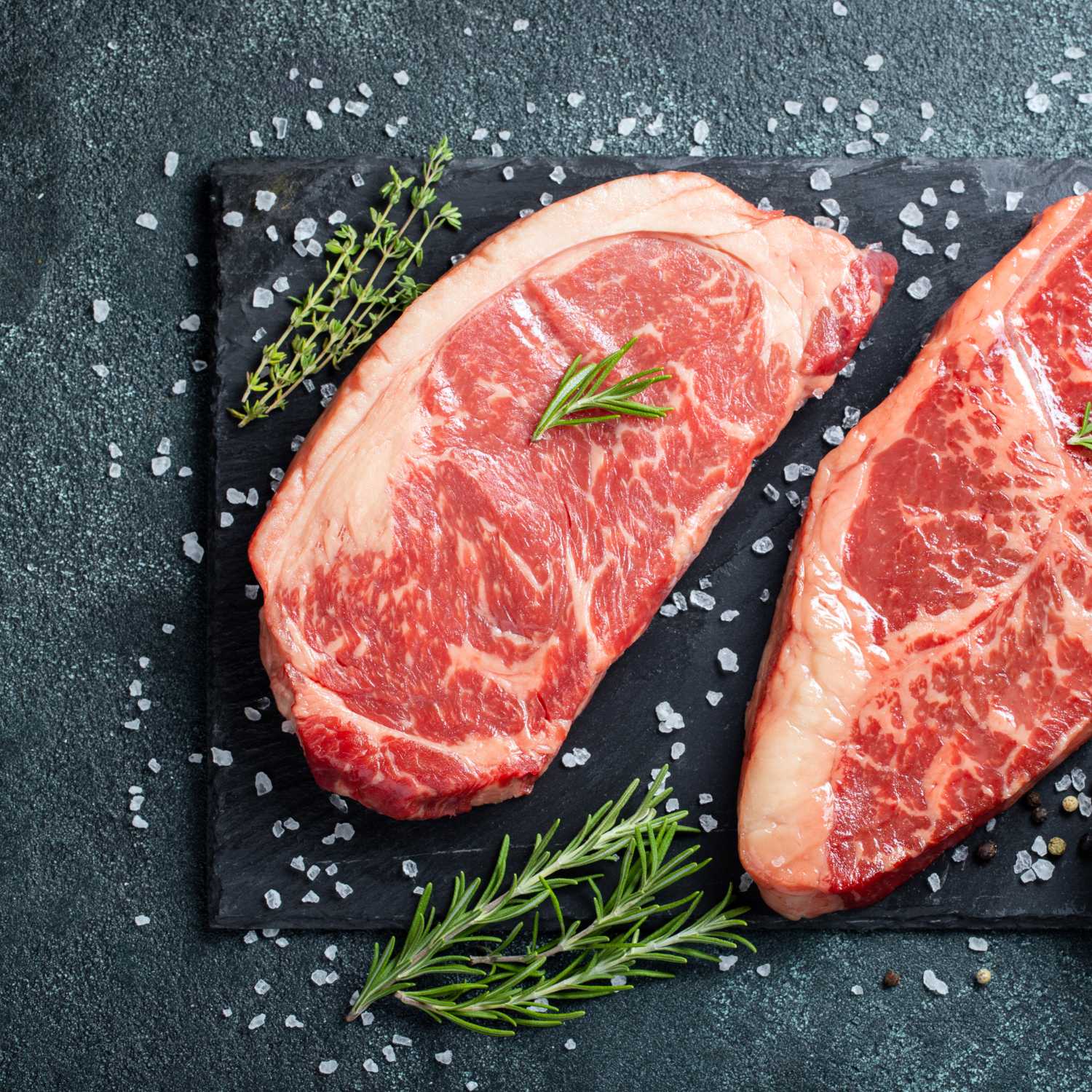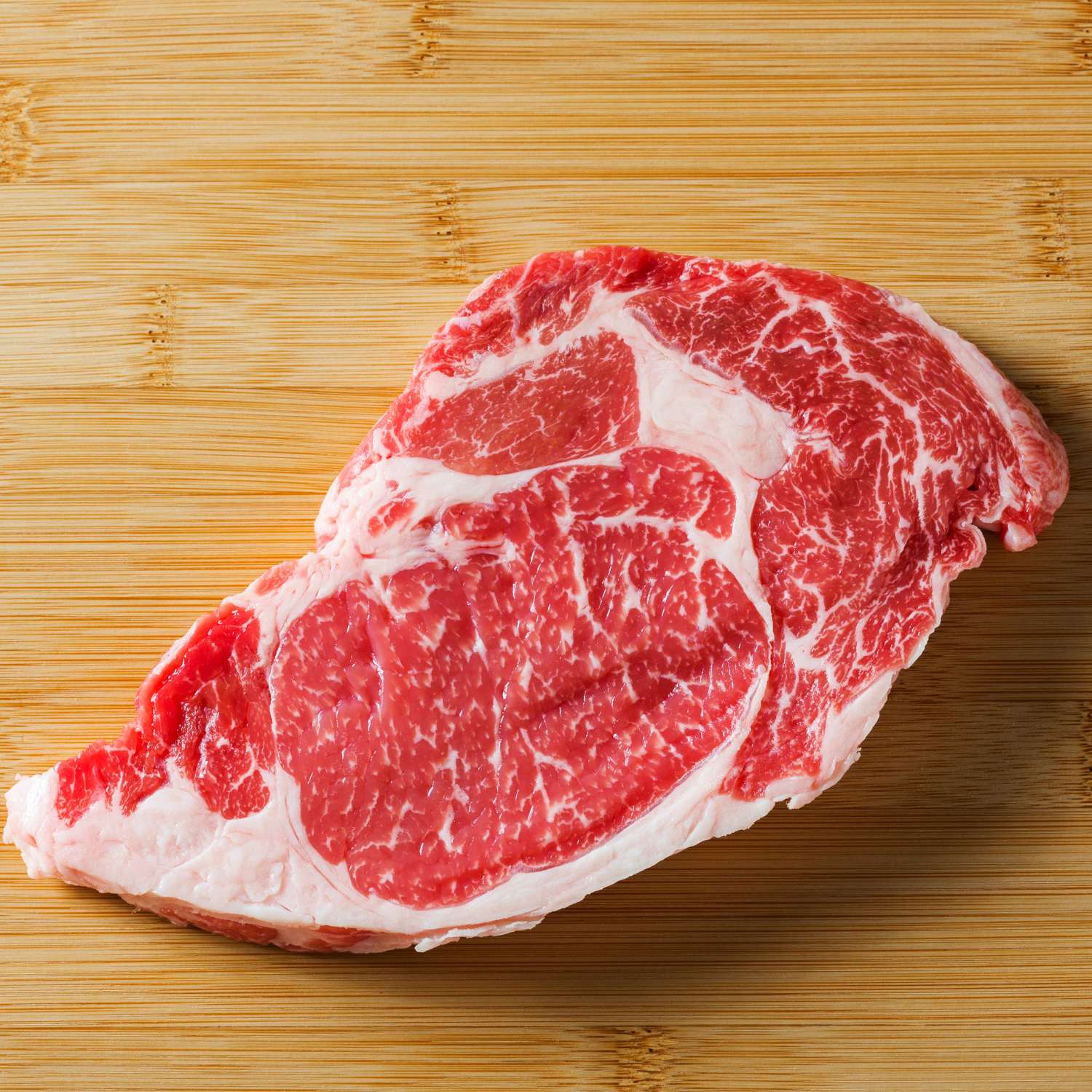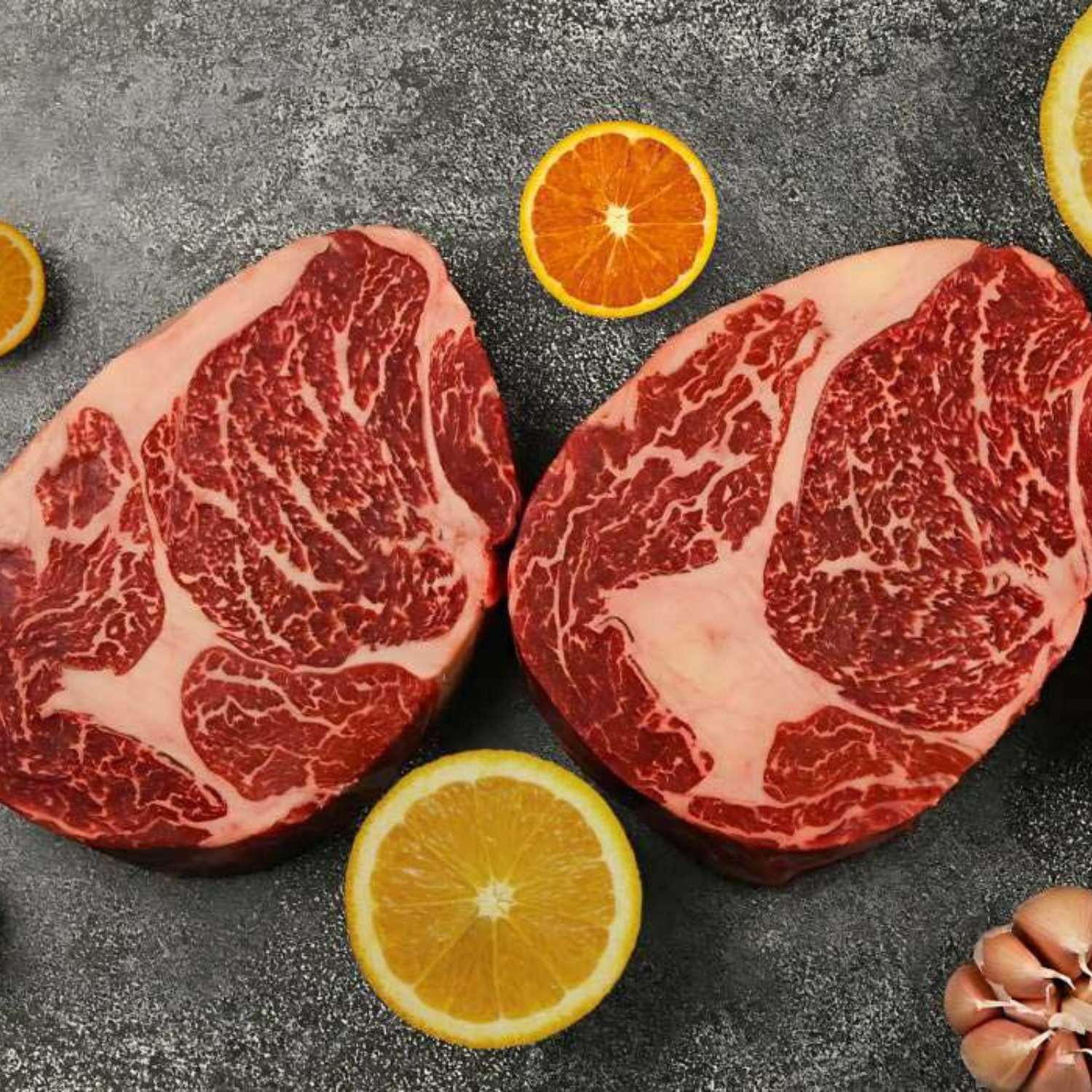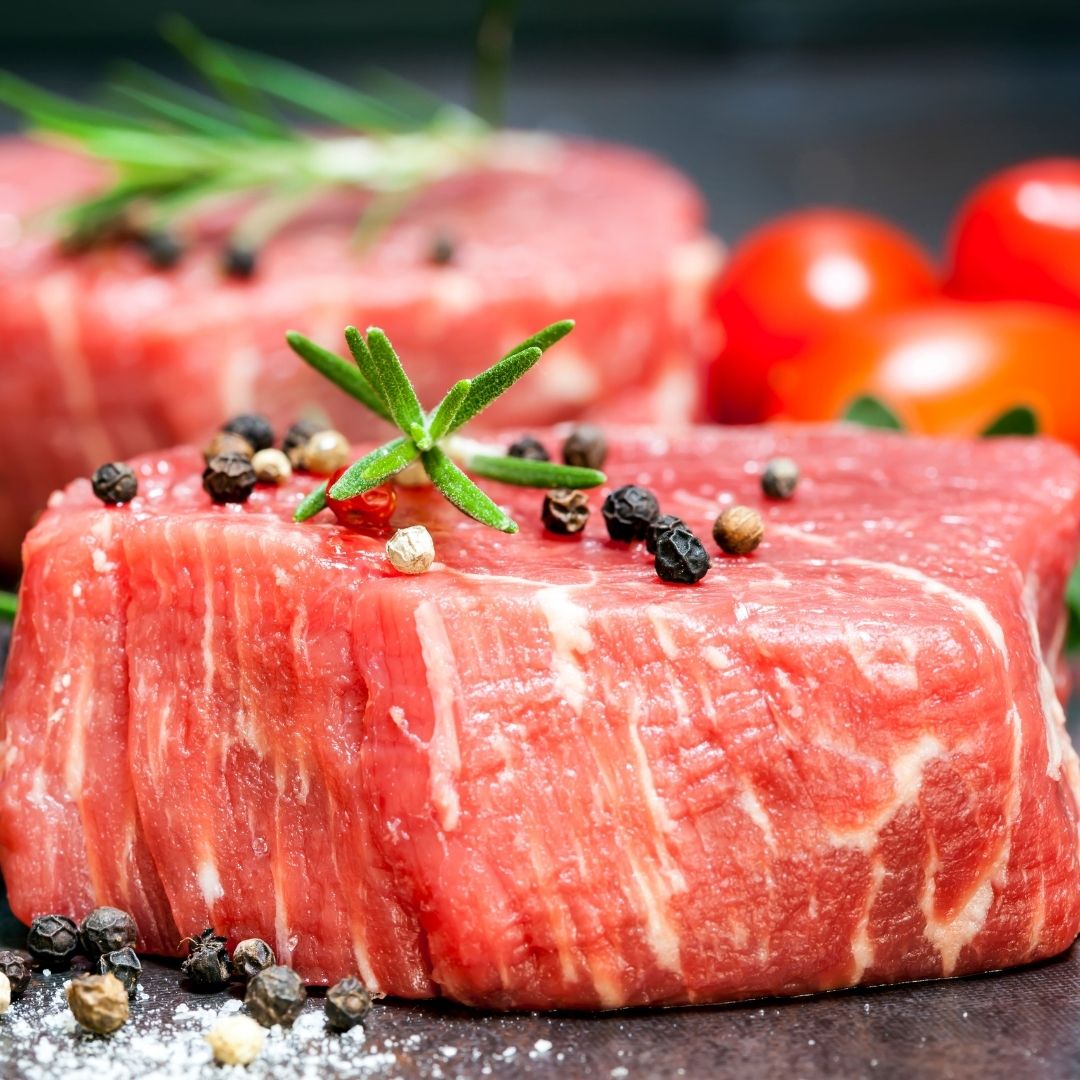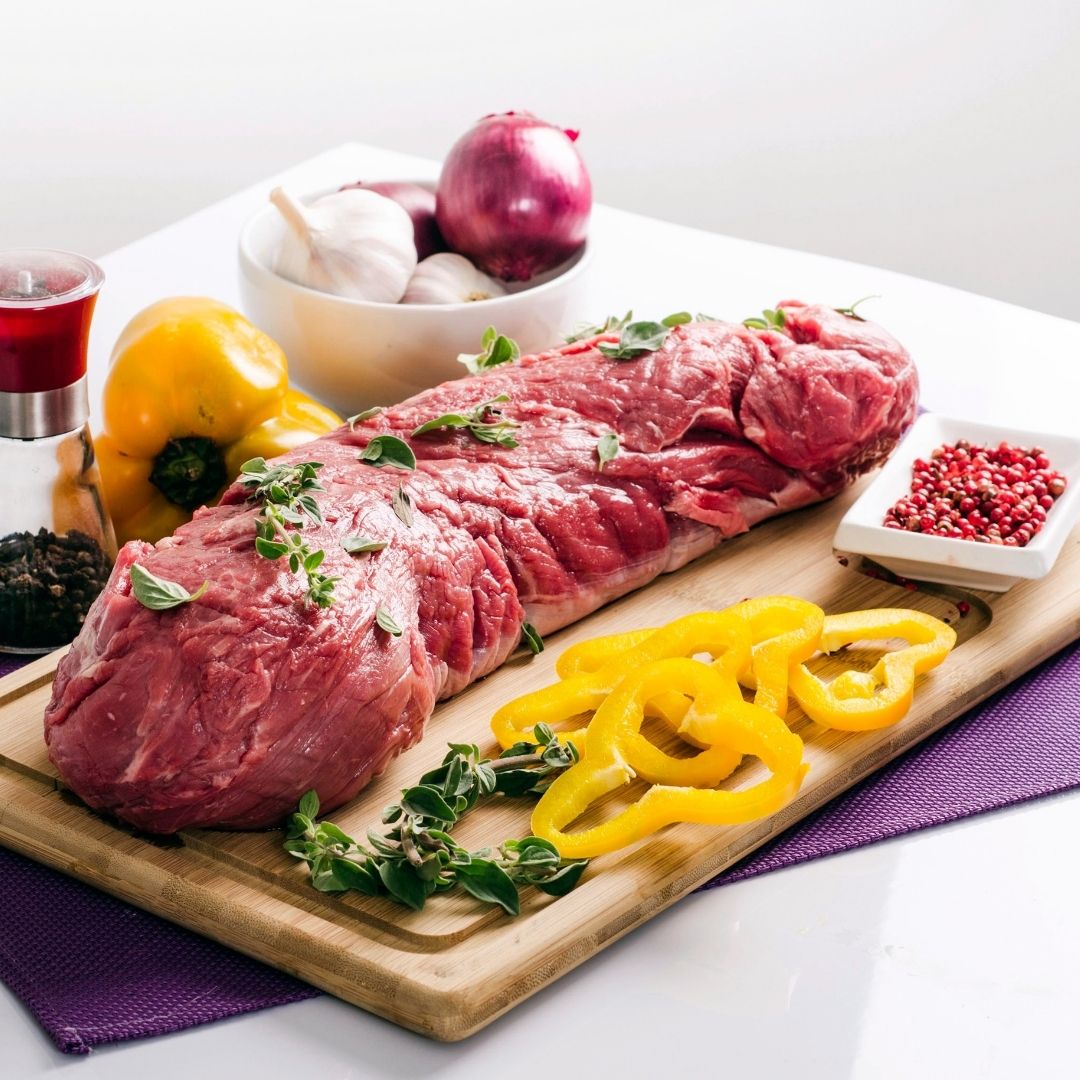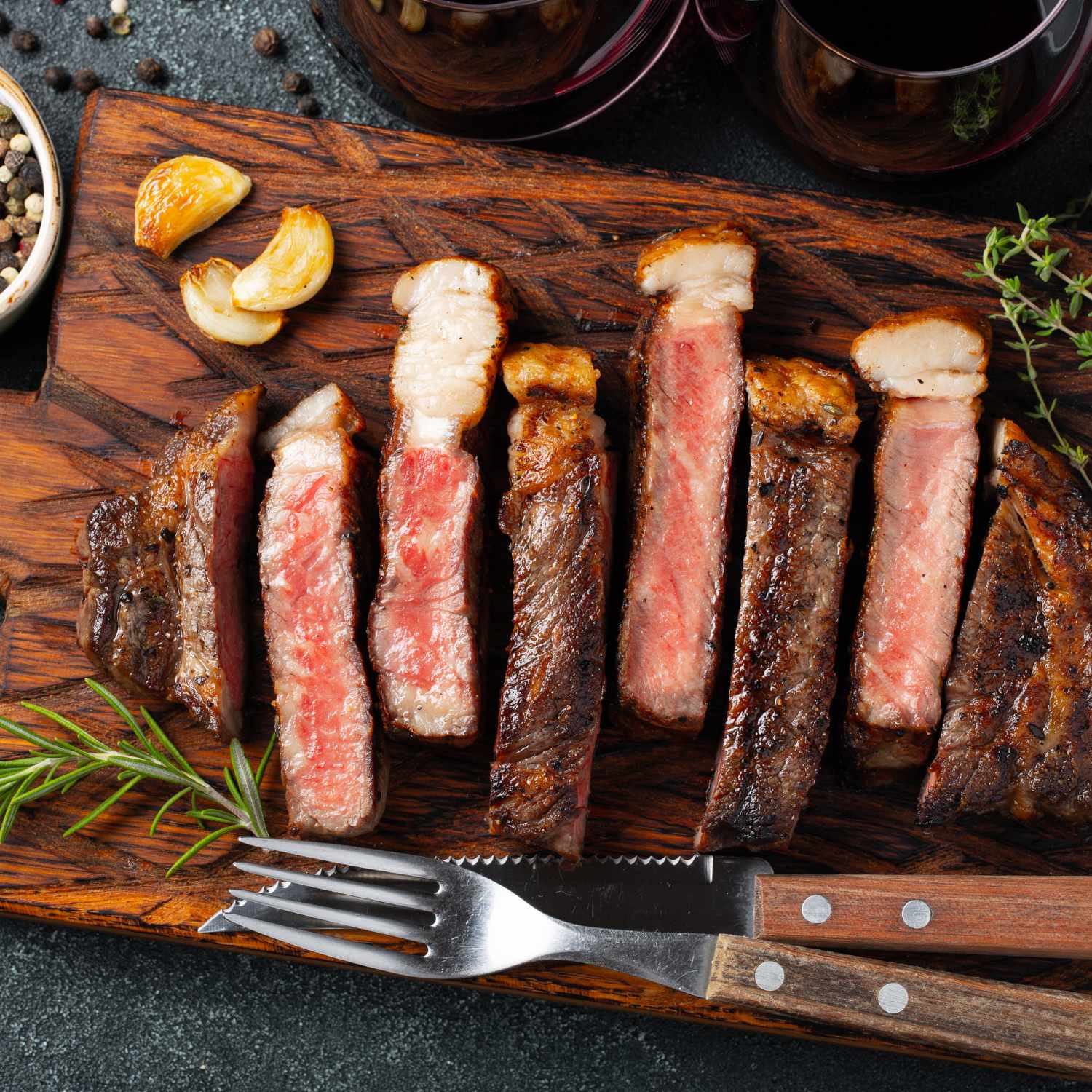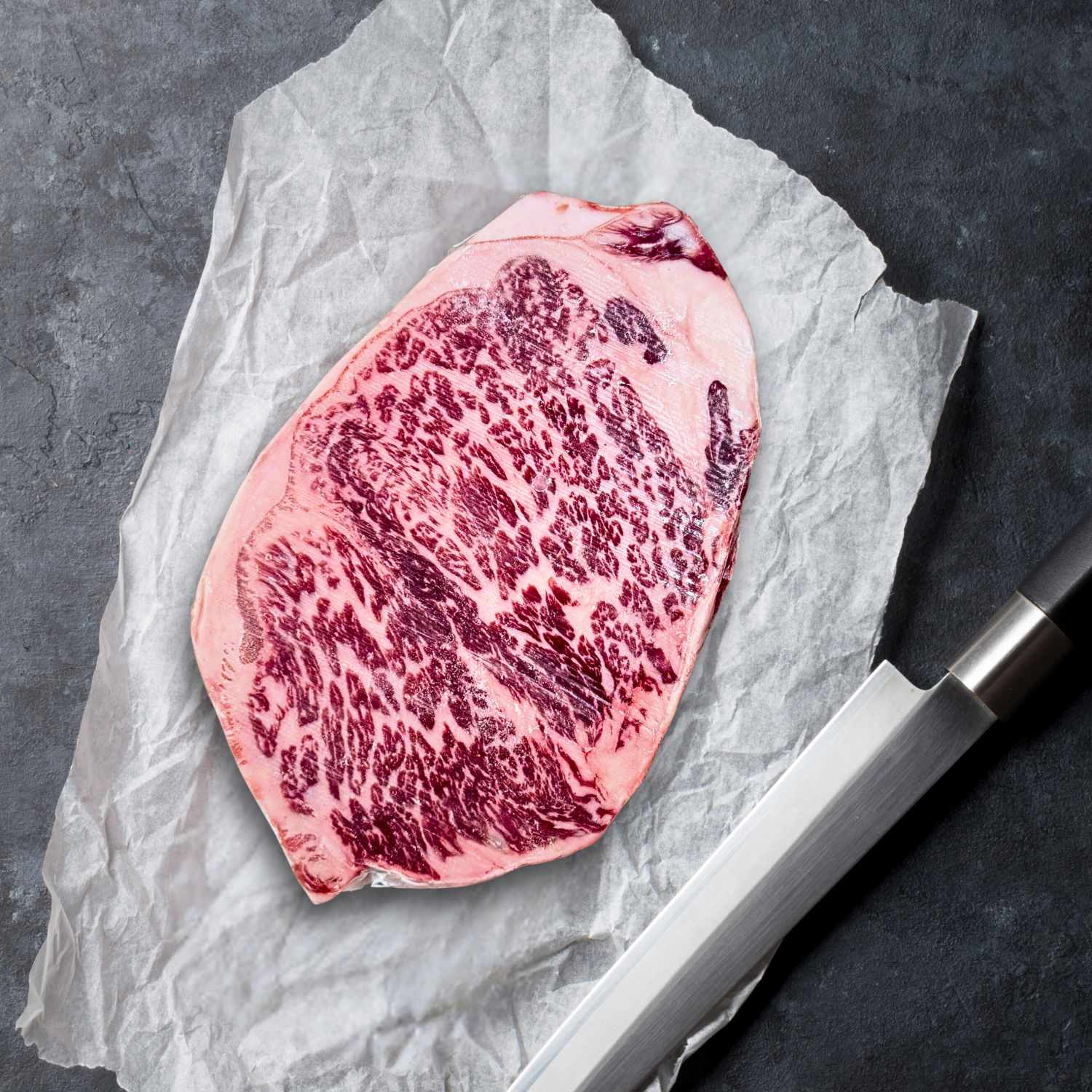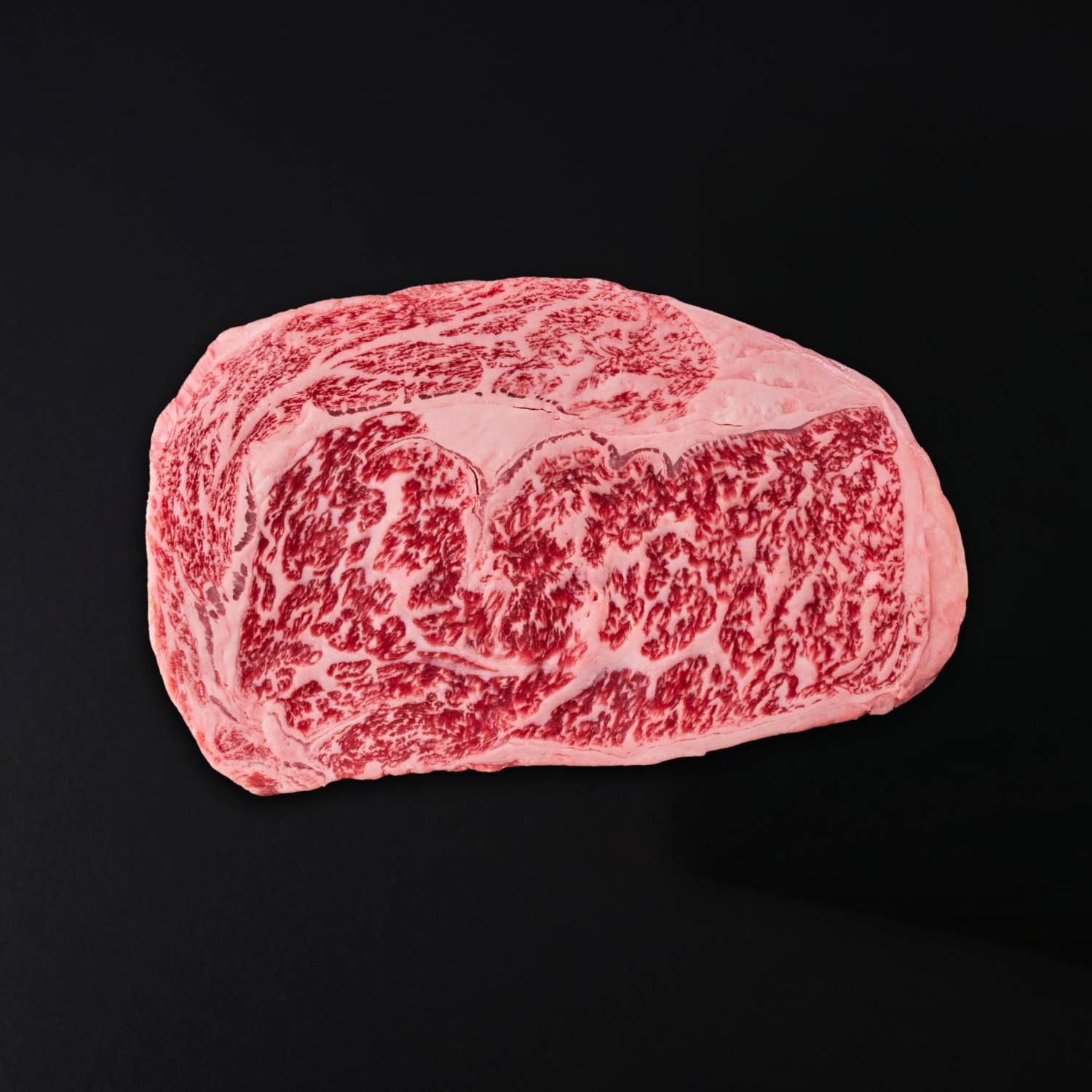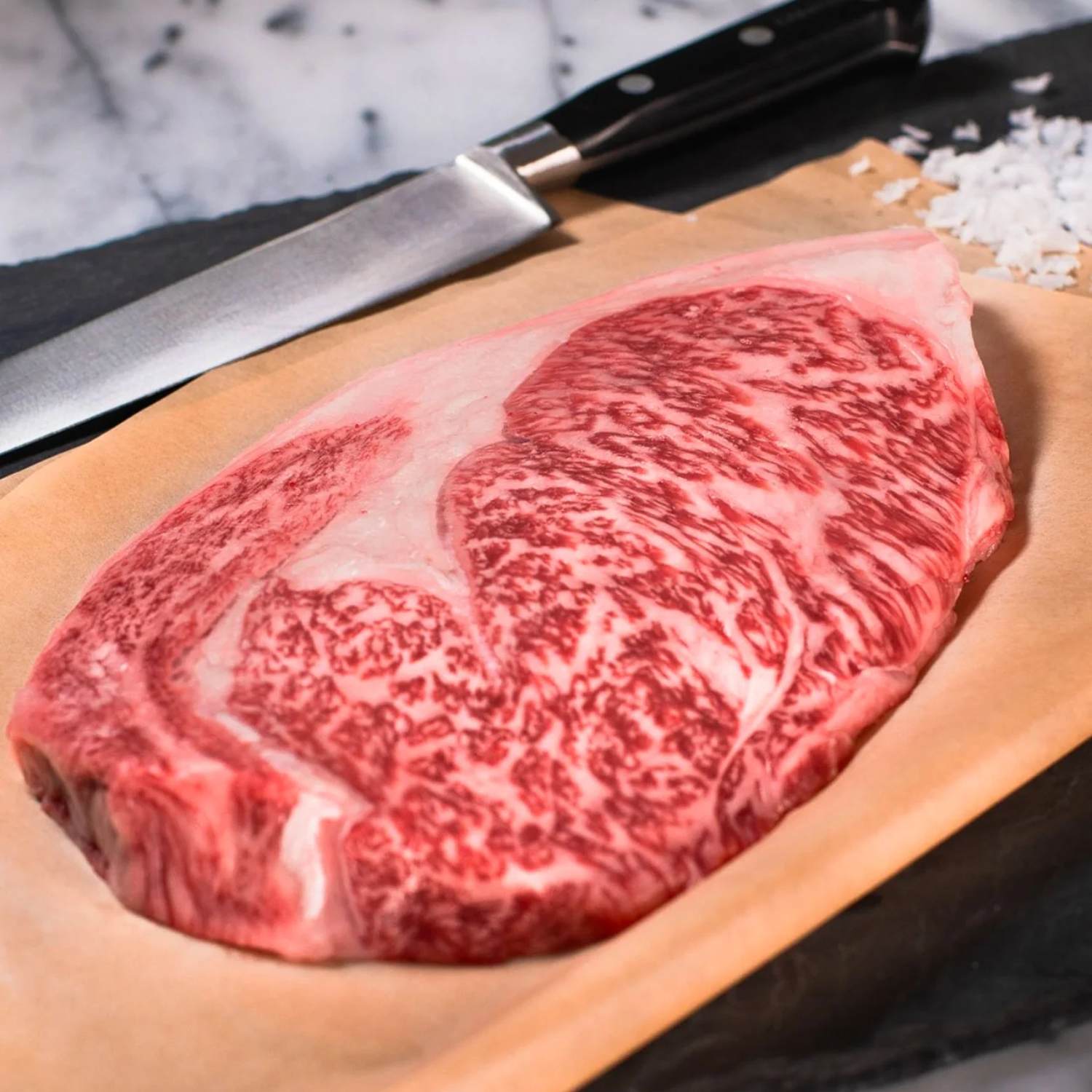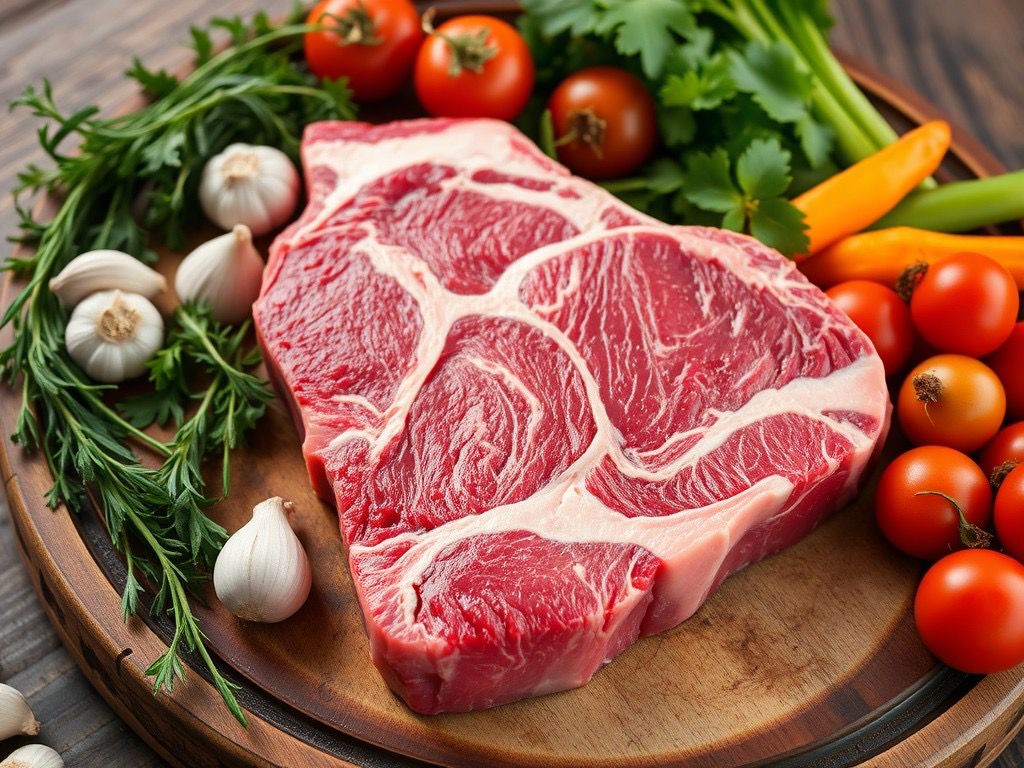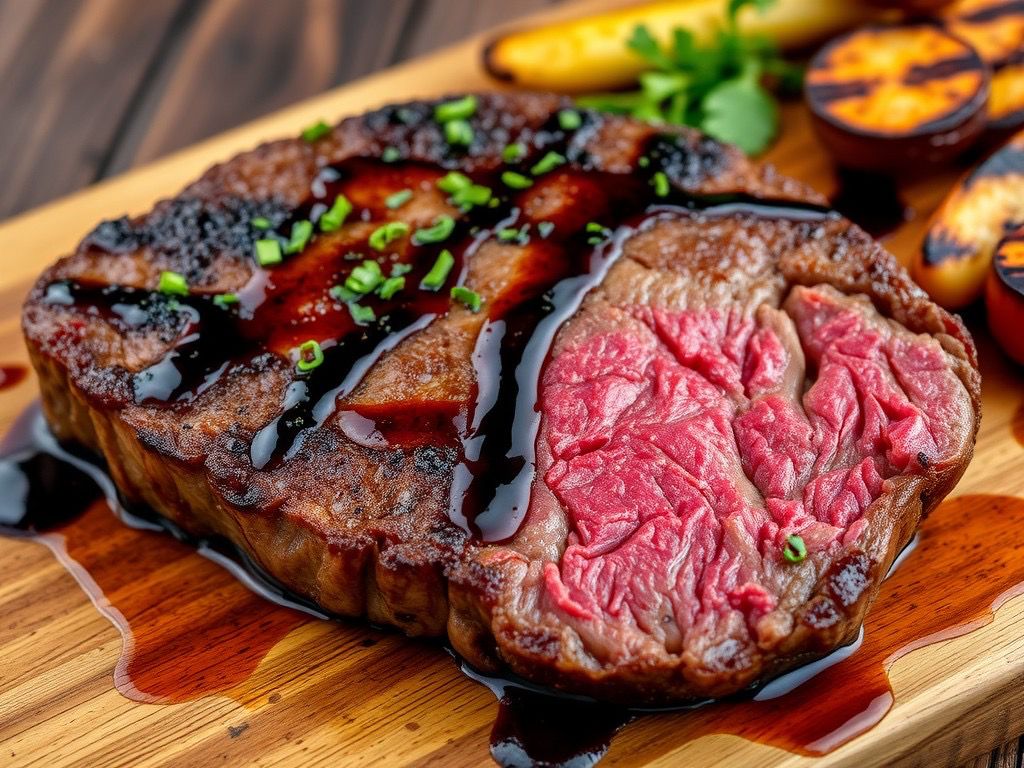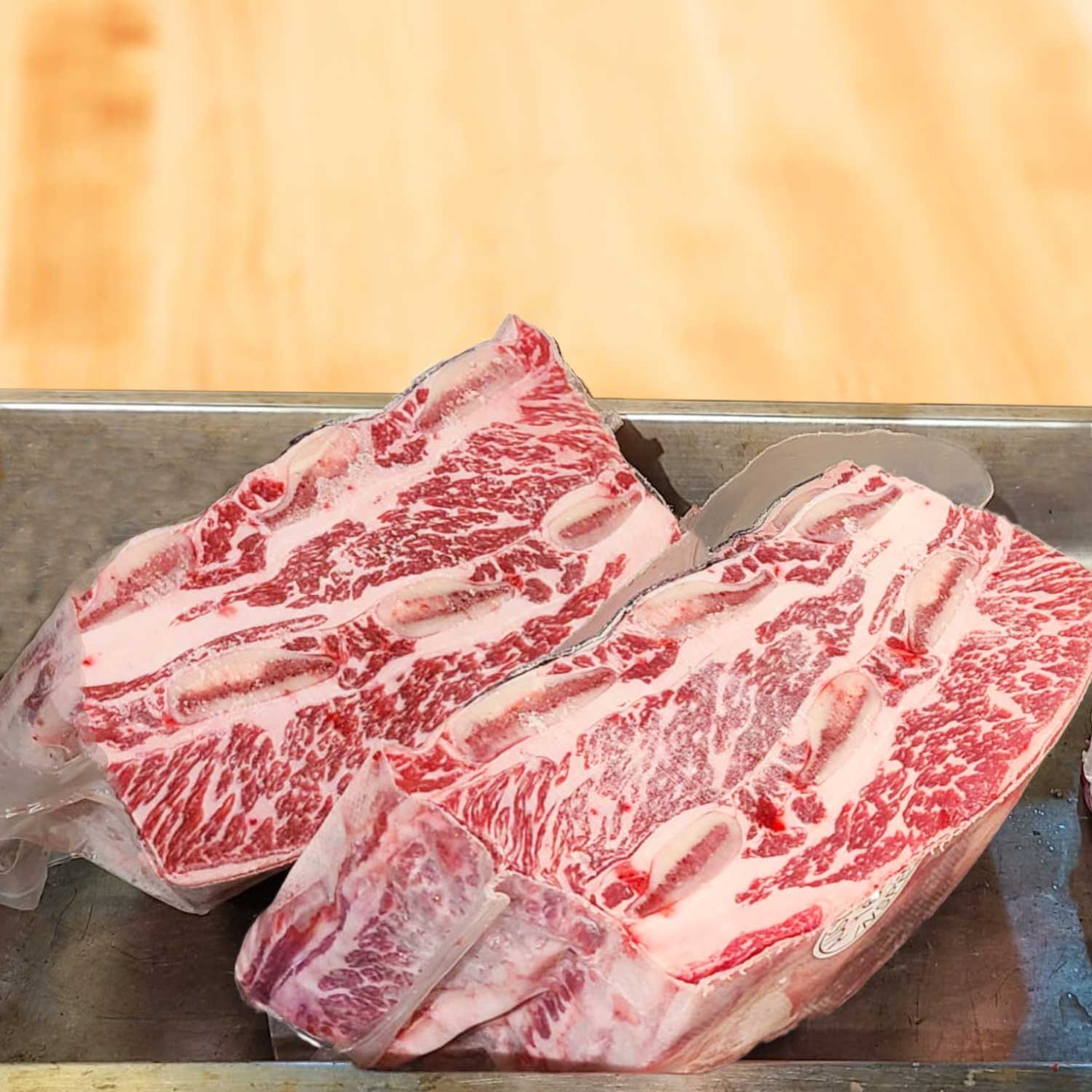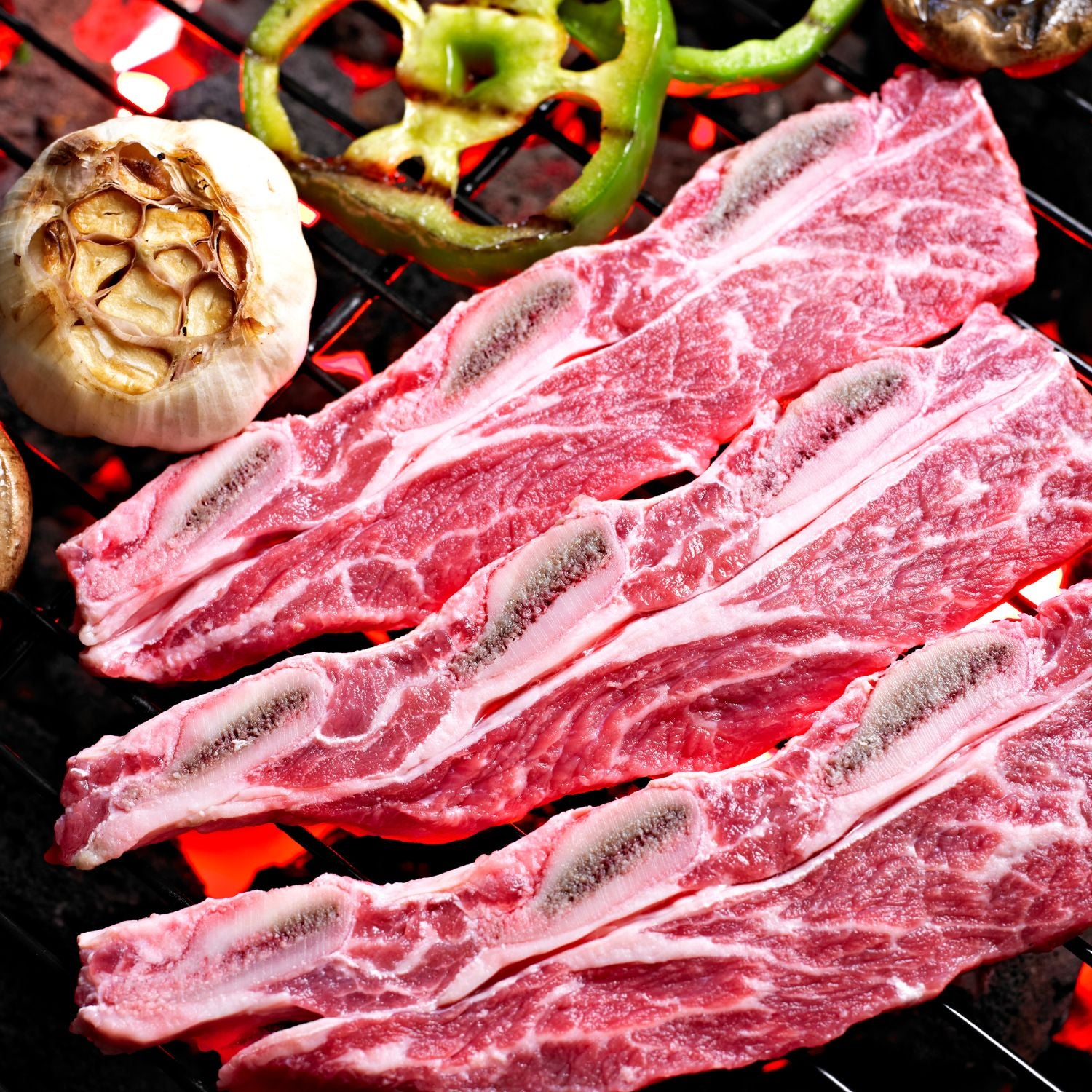Understanding Chuck Beef: Origins and Cuts Explained
The Journey from Farm to Table
Understanding where our chuck beef comes from is key to appreciating its quality and flavor. It all begins on lush pastures where cattle are raised. Grass-fed roast beef in particular, starts with cows that graze freely. This diet enhances the meat’s nutritional value and taste profile. Chuck beef, a popular cut in Hong Kong, is known for its rich texture and versatility. It's cut from the shoulder area of the cow, which does a lot of work. Hence, it has more connective tissue. This is why chuck is great for slow cooking, as the low heat breaks down these tissues, resulting in tender meat. The journey of chuck beef from these pastures to your table involves several stages. It includes ethical farming, careful selection, precise cutting, and proper packaging. All these steps ensure that the chuck beef that reaches Hong Kong kitchens is of the best quality for a gourmet home-cooked meal.

Anatomy of a Chuck Beef Roast
The chuck beef roast is a cut from the shoulder area of the cow. It includes parts like the top blade, neck, and shoulder blade. Each part impacts the roast's flavor and tenderness. The top blade is known for richness, while the shoulder provides more texture. To choose a good chuck roast, look for marbling and a deep red color. These features mean the beef is likely to be juicy and flavorful. Using the right part of the chuck for your recipe ensures a great meal.
Selecting the Best Chuck Beef for Your Meal
When selecting chuck beef, look for bright red meat with marbling. Marbling is fat that adds flavor. Grass-fed beef is often leaner but still tasty. It's good for roasts. Look for meat that is firm to the touch. It should smell fresh, not sour. Check the packaging date. Fresh is best for flavor and safety. Ask your butcher for advice. They know the best cuts for your dish. Remember, good chuck beef makes your meal special.
Gourmet Chuck Beef Recipes for Hong Kong Dining Experiences
Slow-Cooked Chuck Beef Pot Roast
To master the slow-cooked chuck beef pot roast, one must handle the beef with care. Begin by selecting a high-quality, grass-fed chuck roast, known for its flavor and tenderness. Brown the roast on all sides to lock in juices before setting it in a crockpot or a slow cooker. The key is to stew the beef at a low temperature and let it simmer for hours. This process brings out the rich flavors of the beef, making it fork-tender. To achieve the perfect Hong Kong flair, incorporate a blend of soy sauce, star anise, and rock sugar into the broth. Add fresh vegetables like carrots and daikon into the mix, giving the dish a balance of taste and nutrition. Serve the pot roast over rice, or with a side of crusty bread, for a delightful gourmet meal at home.
Pan-Searched Chuck Beef Steaks with Red Wine Sauce
Pan-searing is a technique perfect for chuck beef steaks. When prepared right, the result is a tender, mouthwatering meal. In Hong Kong, where culinary arts meet diverse tastes, this dish is a standout. To start, select a prime chuck steak, known for its flavor. Grass-fed roast beef is ideal for its quality. Let the steak reach room temperature to ensure even cooking. Heat a heavy pan and use just a bit of oil to sear the steaks. Cook to the desired doneness, often medium-rare is preferred. The magic lies in the red wine sauce. A reduction of quality red wine, combined with beef stock, shallots, and some local spices will create a bold covering. This sauce complements the rich taste of the beef. To finish, serve with a side of stir-fried vegetables or mashed potatoes. This creates a balance of textures and tastes that is uniquely Hong Kong. This dish pairs well with a glass of full-bodied red wine, adding a touch of luxury to your dining experience.
Healthy and Tasty Chuck Beef Stir-Fry
Craft a savory journey through Hong Kong’s cuisine with this scrumptious Chuck Beef Stir-Fry recipe. Select prime grass-fed chuck beef for its rich flavor and tender texture. Slice the meat thinly. This ensures quick and even cooking, perfect for a bustling Hong Kong kitchen. Stir-fry the beef slices with fresh, seasonal vegetables like bok choy and bell peppers. These pack a nutritional punch while adding vibrant colors. Flavor the dish with traditional spices such as ginger and garlic. These are staples in Hong Kong's culinary scene. Combine with a splash of soy sauce and oyster sauce for an authentic taste. Serve this healthy meal with a side of steamed jasmine rice or noodles. It captures Hong Kong’s love for simple, yet delicious nourishment. Perfect for a family dinner or a special solo treat!
Advanced Techniques and Tips for Preparing Chuck Beef
The Perfect Blend of Flavors and Textures
To master a chuck beef cut, balance in taste and feel is key. Start by tenderizing your beef. Gentle beating can break down tough fibers. Then, marinate with a mix of savory and sweet. Soy sauce and honey pair well. Consider texture contrasts. Pair the soft beef with crunchy veggies like bell peppers. For a local twist, add spices like star anise. This brings out a unique Hong Kong flavor. Remember, cooking time affects texture. Slow cook for softness, stir-fry for a bit of chew. Keep it simple for the best results.
Pairing with the Right Wine: A Guide for Connoisseurs
When cooking chuck beef, choosing the right wine can uplift the meal. For rich, heavy dishes, pick a bold red like a Cabernet Sauvignon. This wine matches well with hearty beef roasts. If you prefer something lighter, try a Pinot Noir. It's softer and pairs well with a stir-fry. In Hong Kong, also consider local tastes. Some may prefer Shaoxing wine for a more Asian flair in chuck beef recipes. Always taste the dish with the wine when cooking. This helps you to pick the best pair. For the perfect match, ask wine experts in local Hong Kong shops. They know what pairs well with Asian-influenced beef dishes.
Leveraging Seasonal Ingredients for a Year-Round Chuck Beef Feast
To enjoy chuck beef all year in Hong Kong, use seasonal ingredients. Spring offers fresh greens, perfect for a chuck beef salad. Summer's bounty brings sweet veggies, ideal for a beef stir-fry. In autumn, root vegetables add depth to stews. Winter calls for hearty soups, with chuck beef chunks warming you up. Pair produce with beef to keep meals fresh and fitting for each season. This approach not only leads to diverse flavors but also supports local markets. Seasonal cooking is key for a varied chuck beef menu.

